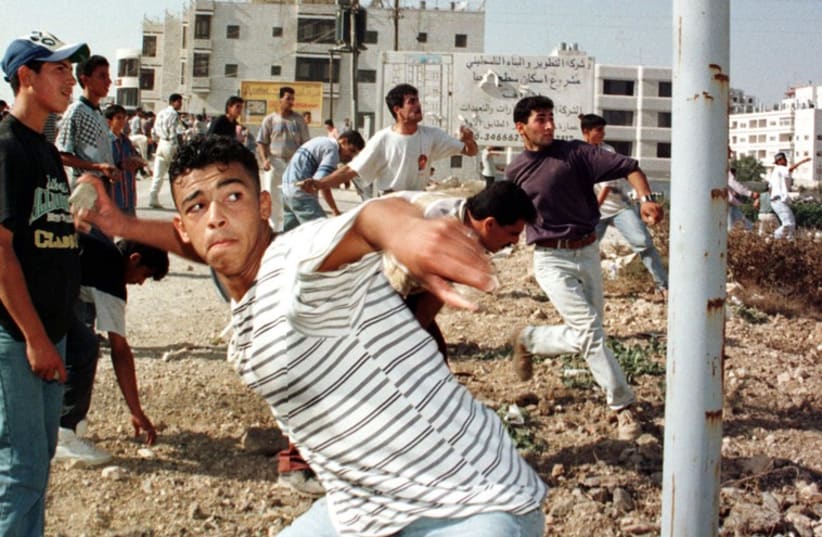This week in history we look at significant historical events that changed the face of the Middle East. In the final weeks of September 1996, Arab riots took over the Western Wall Plaza in Jerusalem following the opening of a new exit to the Jewish historical site of the Western Wall. In 1980, armed conflict broke out between the Islamic Republic of Iran and the Republic of Iraq. The war lasted until August 1988 and in September 1989, Israel called for a an Israel-Iraq summit in Egypt.
On September 25, 1996, The Jerusalem Post reported on the Arab protests which began following the opening of a new exit to the Western Wall in Jerusalem. At the time, Prime Minister Binyamin Netanyahu had given the go-ahead for the opening of the exit at the Via Dolorosa. A violent uprising ensued in which Palestinian youths threw stones onto the Western Wall Plaza from atop the Temple Mount, forcing the evacuation of Jewish worshippers and visitors. Further violent protests broke out in east Jerusalem. The Arab riots ended on September 27.
On September 26, 1989, then-deputy foreign minister Binyamin Netanyahu called on then-Egyptian president Hosni Mubarak to invite then-Israeli prime minister Shamir and then-Iraqi president Saddam Hussein for peace talks in Cairo. The Post reported that Netanyahu said such a summit could be beneficial to the peace process overall as well as the resolution of the conflict with the Palestinians.
